Abamectin Insecticide 1.9 % Ec
Product Details:
- Classification Insecticide
- Other Names Insecticide
- Release Type Quick
- Physical State Liquid
- Purity(%) 98% 99% 100%
- Application Agriculture
- Color Black
- Click to View more
Abamectin Insecticide 1.9 % Ec Price And Quantity
- 200 Unit
- 580.0 INR/Unit
Abamectin Insecticide 1.9 % Ec Product Specifications
- HDPE Bottle
- Liquid
- 98% 99% 100%
- As per instructions given
- Insecticide
- Insecticide
- Quick
- Black
- Liquid
- Agriculture
Abamectin Insecticide 1.9 % Ec Trade Information
- Cash in Advance (CID)
- 5000 Unit Per Week
- 7 Days
- No
- Asia
- All India
Product Description
Abamectin is a highly effective broad-spectrum insecticide and acaricide known for its contact and stomach action against a wide range of pests. While it has limited systemic activity in plants, it features translaminar movement, allowing it to penetrate leaf surfaces and deliver targeted pest control.
This formulation is ideal for controlling motile stages of mites, leaf miners, and sucking pests such as aphids, thrips, and whiteflies. It is commonly used on ornamentals, cotton, citrus fruits, pome fruits, nut crops, vegetables, potatoes, and more. Additionally, it provides effective control of fire ants.
-
Dual Action: Contact and stomach toxicity
-
Translaminar Movement: Penetrates leaf tissue for internal pest control
-
Versatile Use: Effective on a wide range of crops and pests
-
Pest Targets: Mites, leaf miners, suckers, fire ants, and more
-
Suitable for: Cotton, citrus, ornamentals, vegetables, potatoes, nut crops, and others
Q1: What pests does Abamectin control?
A: Abamectin is effective against mites, leaf miners, aphids, thrips, whiteflies, suckers, and fire ants, making it suitable for a wide variety of crops.
Q2: How does Abamectin work on plants?
A: It acts through contact and ingestion. Though not fully systemic, its translaminar activity allows it to move across the leaf surface and into leaf tissues for extended control.
Q3: On which crops can Abamectin be safely used?
A: Abamectin is safe for use on ornamentals, cotton, citrus fruits, pome fruits, nut crops, vegetables, potatoes, and more, when applied according to recommended dosage and timing.

Price:
- 50
- 100
- 200
- 250
- 500
- 1000+

 Send Inquiry
Send Inquiry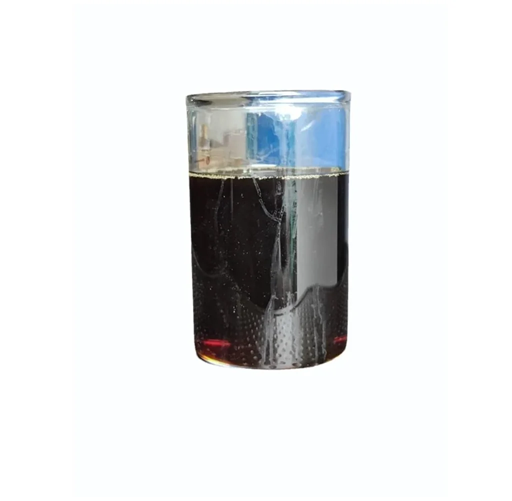

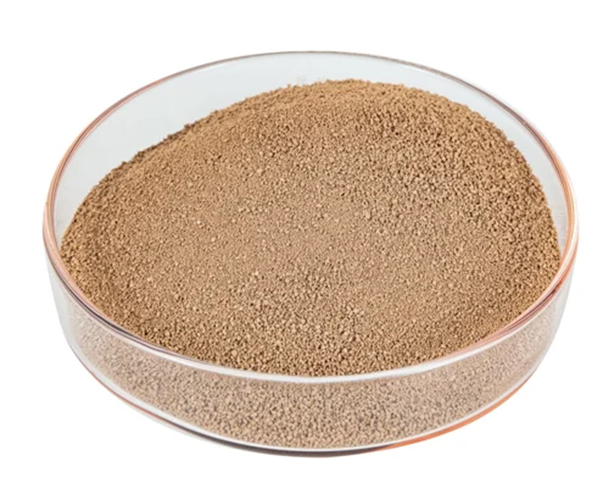
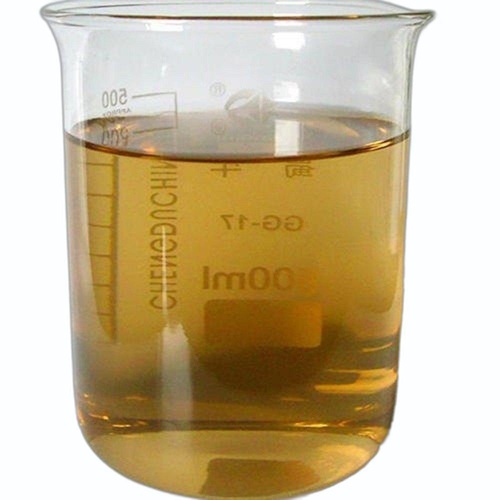
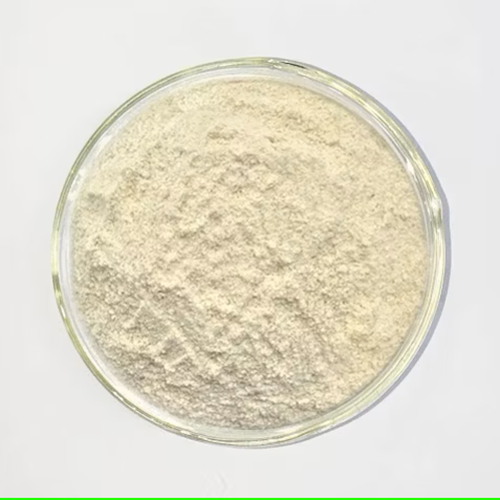
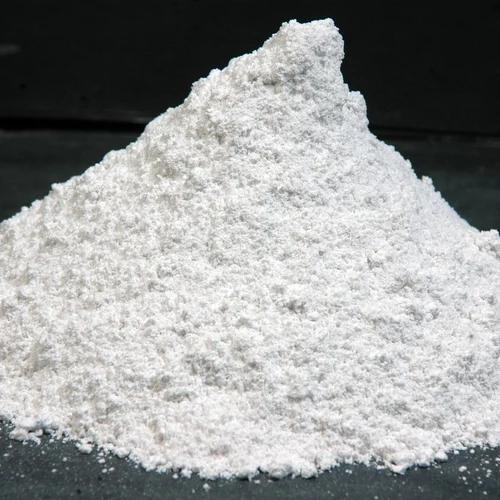
 English
English Spanish
Spanish French
French German
German Italian
Italian Chinese (Simplified)
Chinese (Simplified) Japanese
Japanese Korean
Korean Arabic
Arabic Portuguese
Portuguese